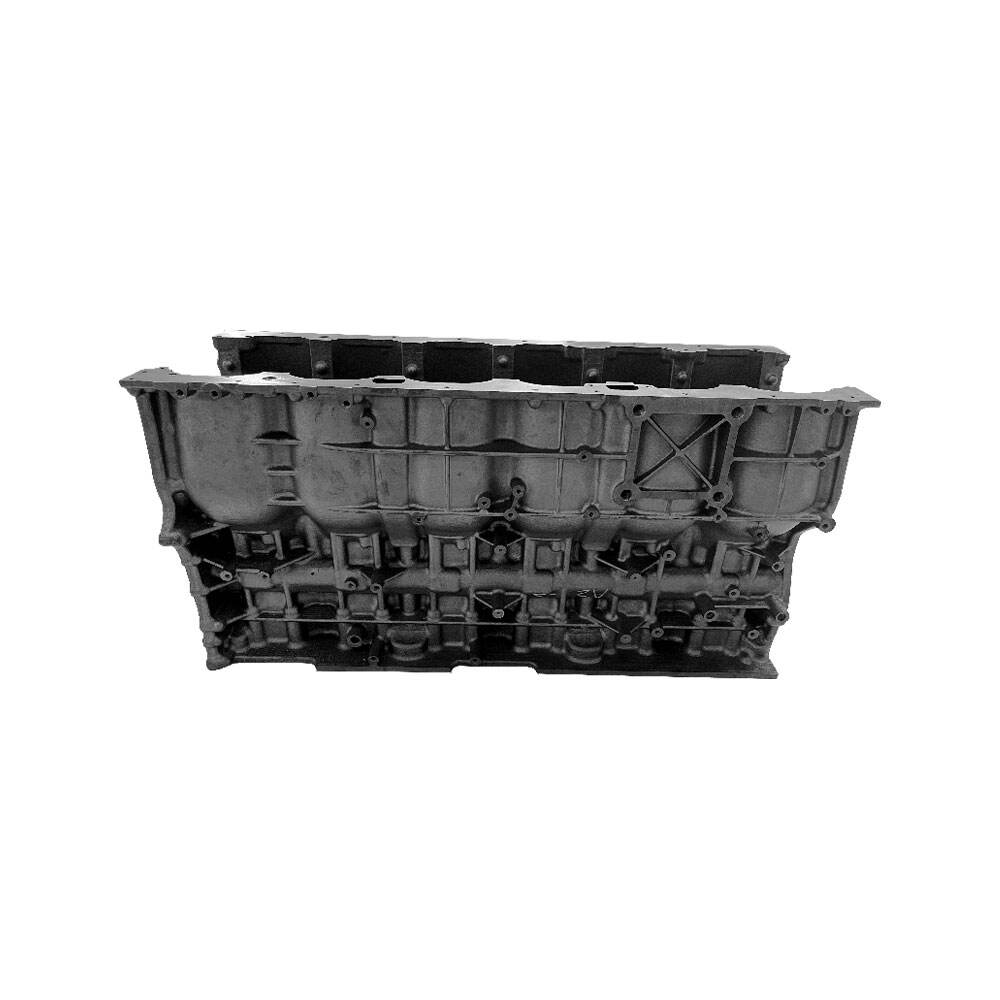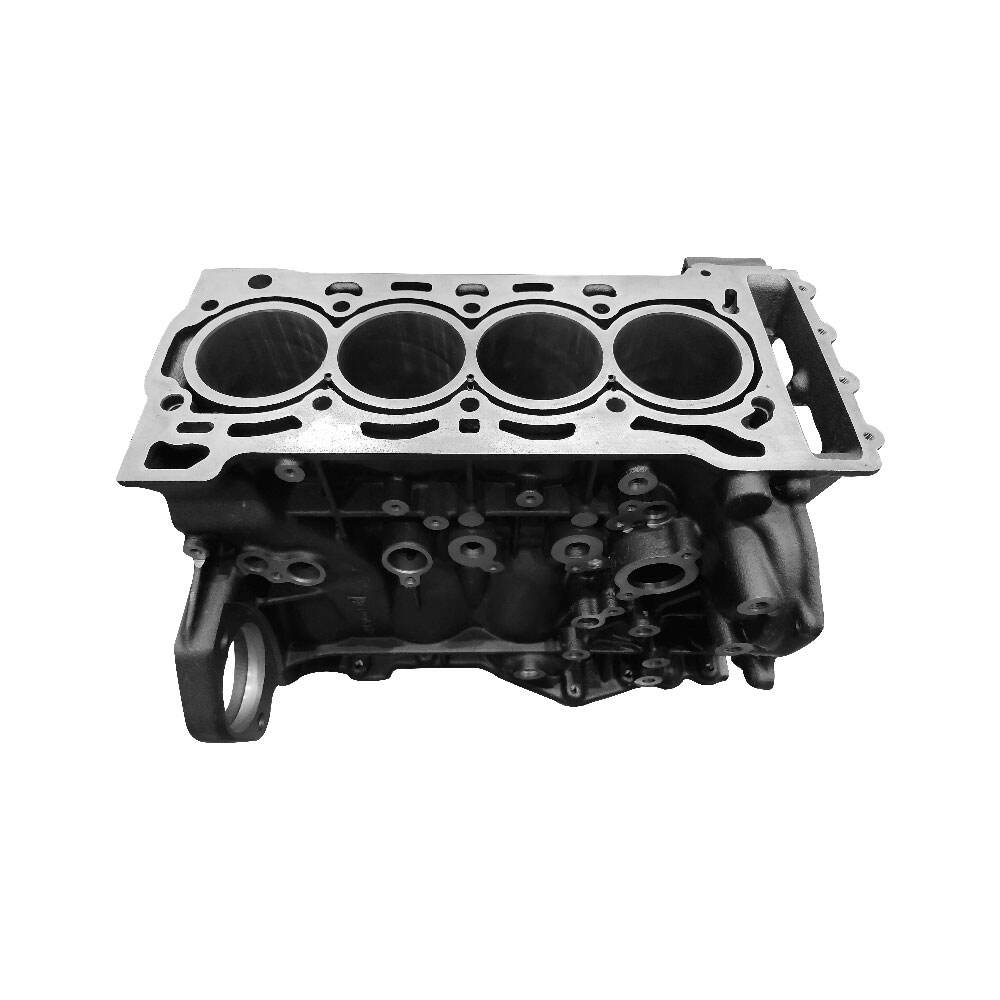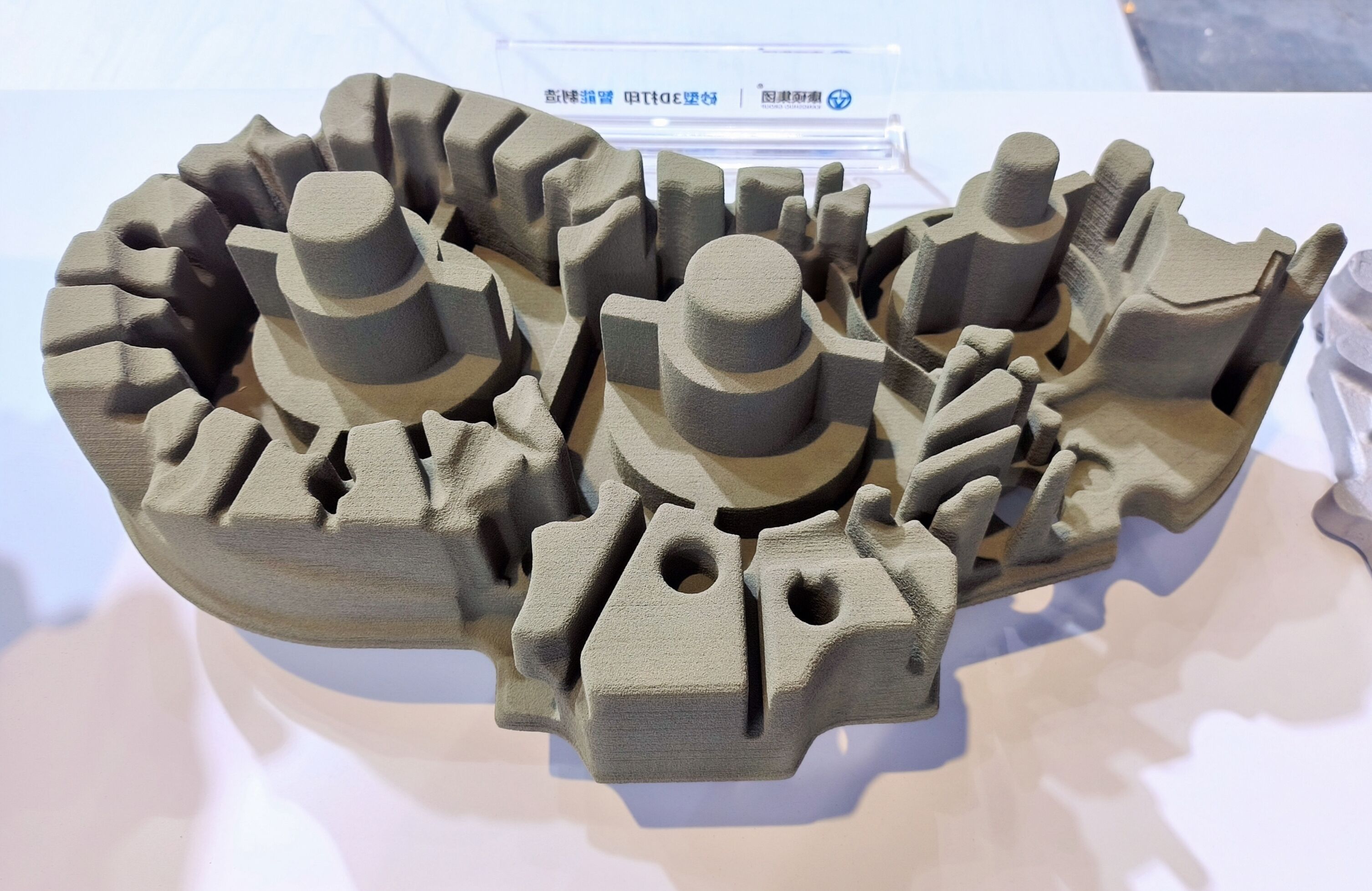gravity permanent mold casting
Gravity permanent mold casting is a sophisticated metal casting process that utilizes permanent, reusable molds and relies on gravitational force to fill the cavity with molten metal. This process represents a significant advancement in manufacturing technology, combining efficiency with precision. The process begins with preheating the metal mold to ensure optimal flow characteristics and prevent premature solidification. Once the mold reaches the desired temperature, molten metal is carefully poured into the cavity, where gravity naturally guides it to fill all spaces. The permanent mold, typically constructed from high-grade tool steel or iron, can withstand thousands of casting cycles, making it highly cost-effective for medium to high-volume production runs. The process excels in producing parts with excellent surface finish, tight dimensional tolerances, and consistent mechanical properties. Common applications include automotive components, pump housings, electrical fittings, and various industrial machinery parts. The technology particularly shines when manufacturing components requiring high structural integrity and smooth surface finishes. The process can accommodate various metals, including aluminum, copper, and magnesium alloys, offering versatility in material selection.


